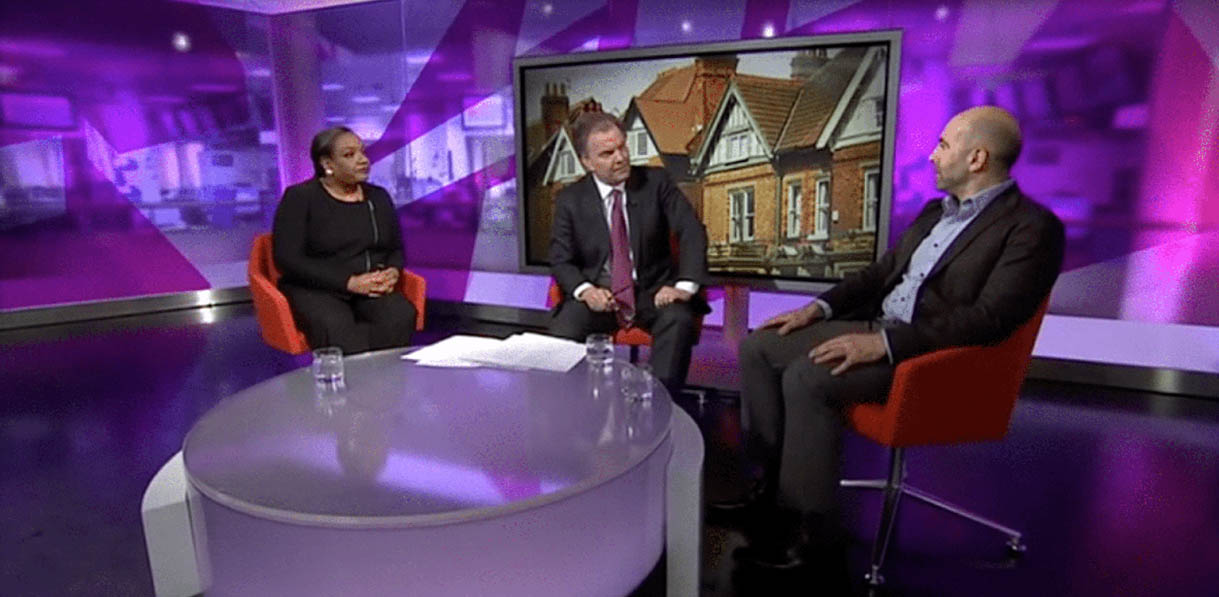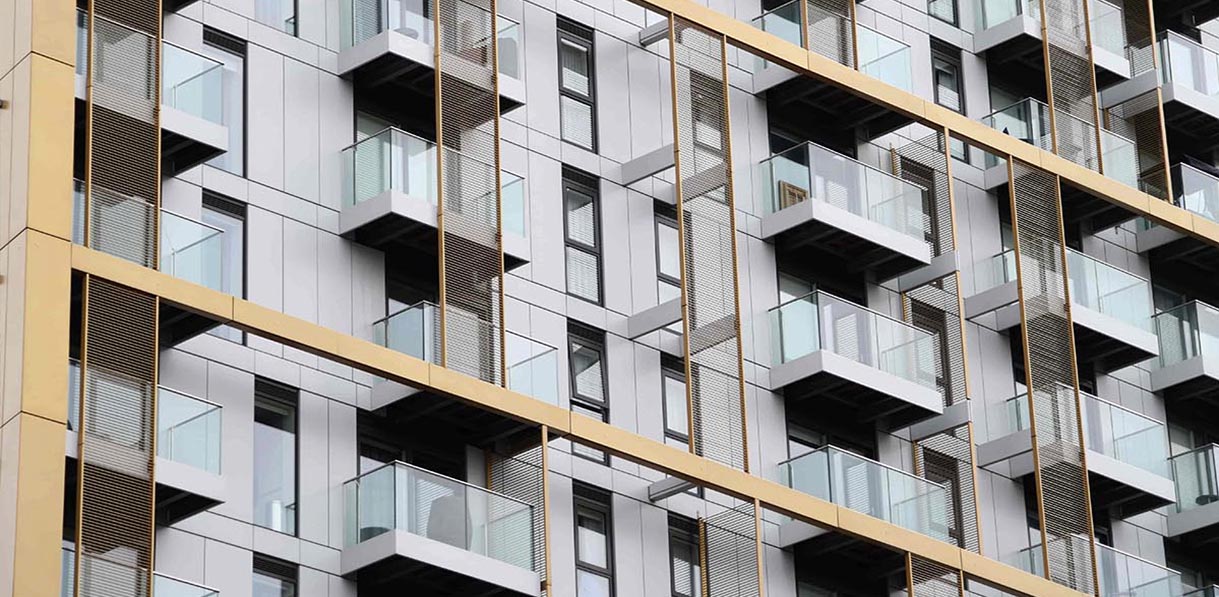 Some good news at last from the government as they announce that local authority powers to introduce selective licensing schemes will be severely curtailed. The purpose of selective licensing was to deal with anti social behaviour or low housing demand as a last resort in targeted areas. But following Newham’s lead, a number have decided to introduce borough wide schemes requiring all privately rented properties to be licensed. What exactly are the changes that are being proposed?
Some good news at last from the government as they announce that local authority powers to introduce selective licensing schemes will be severely curtailed. The purpose of selective licensing was to deal with anti social behaviour or low housing demand as a last resort in targeted areas. But following Newham’s lead, a number have decided to introduce borough wide schemes requiring all privately rented properties to be licensed. What exactly are the changes that are being proposed?
Firstly any scheme that aims to license more than 20% of privately rented properties in a borough or covers more than 20% of the geographic area and has not been designated before 1 April 2015 must be referred for Secretary of State approval.
Secondly, the criteria for selective licensing, subject to parliamentary approval, will be expanded to include areas experiencing poor property conditions, large amounts of inward migration, a high level of deprivation or high levels of crime. Any scheme will have to prove it fulfills one of these or existing criteria.
In London, we already have borough wide selective licensing schemes in Newham and Barking & Dagenham. The Waltham Forest scheme is due to start in April 2015 and as it has already been designated, it will still go ahead. The Enfield scheme was quashed by a Judicial Review and many assumed that the local authority would simply re-run their consultation in accordance with the judgment and start the scheme within the next year. But this change now means that a borough wide approach, both here and in Redbridge will now require Secretary of State approval.
Redbridge and Enfield, along with Camden, Southwark and Islington have also proposed borough wide additional licensing schemes. These cover any property with two or more unrelated households, so a two bed flat shared by a couple and a friend, for example. These schemes – along with borough wide additional licensing schemes up and running in Brent, Hounslow, Kingston & Croydon – can continue to be borough wide and are not affected.
For boroughs like Newham who already have borough wide selective schemes, it is likely that they will be able to renew their 5 year schemes for a further 5 years without Secretary of State approval, because they were originally designated prior to 1 April 2015. Of course the Secretary of State may choose to allow more boroughs to have blanket schemes, but this will depend on the policies of the government of the day.
So what will the likely impact in London be? Although we might see a spread of borough wide additional licensing schemes, I hope this puts an end to any more borough wide selective schemes. I suspect many boroughs will give up on the idea of selectively licensing 20% of their areas as a key objective in the face of substantial cuts in government grant was to capitalise on an income stream to fund their private sector housing department. This could be justified when most staff would be dealing with licensed properties, but not when only 20% of them are licensed. Some colleagues think that the more onerous rules will deter local authorities from using licensing as a tool, particularly when they consider the investment needed for enforcement which cannot be funded from licensing fees. Some local politicians may continue to use licensing as an anti-landlord measure that appeals to voters and profits from media demonisation of landlords.
The new rules will mean that boroughs can justify schemes through poor housing conditions, rather than hiding behind anti social behaviour data. Good landlords will be happier to engage with targeted schemes that address genuine housing problems, the ASB justification for many felt like a ruse to bring in a scheme. Landlords were affronted by the unfair association with ASB and ultimately ASB is caused by tenants and there is only so much landlords can do to manage poor behaviour.
Ultimately licensing is a red herring when it comes to improving property standards. Newham has licensed 22,339 landlords of which 24 have been found not to fit and proper – paid for by the other 22,315, including myself. Boroughs don’t need to license everybody to find criminal landlords, they can use their existing enforcement powers. A light touch centrally administered national register would enable them access to key data on rented properties and then ban criminal landlords from letting property by removing them from the register.








